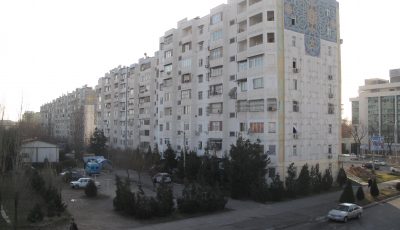Ukraine ranks among the world’s most energy intensive economies. The residential housing sector in Ukraine consumes approximately 25 percent of the country’s electricity and 40 percent of its heat energy resources. ProCredit offers a credit line for home owners to improve the energy efficiency of their building.
ProCredit Bank Ukraine was founded in 2001 as “Microfinance Bank” and is controlled (60%) by German-based ProCredit Holding, a financial group that operates 19 banks in developing countries and transition economies. The remainder of the shares is owned by the EBRD (20%) and the Western NIS Enterprise Fund (WNISEF) (20%). KfW was one of the founding shareholders of the bank, but has since sold its controlling stake.
The bank is development-oriented and offers financing solutions to home owners, micro-, small- and medium-sized enterprises in Ukraine. The focus of this due diligence was its investment programme in residential building efficiency in Ukraine, called ProRepair Eco. They managed to overcome typical barriers to this kind of investments like the undeveloped status of homeowner associations, absence of targeted state support and lack of control over energy use by households. As project manager, and at the time shareholder of Climate Focus, I led a team of due diligence experts.
The investment into the ProCredit credit line would be part of a transaction under Article 17 of the Kyoto Protocol.
Further information is available with the IFC or ProCredit Bank.
Client: A German bank
Partners: Climate Focus
2010



